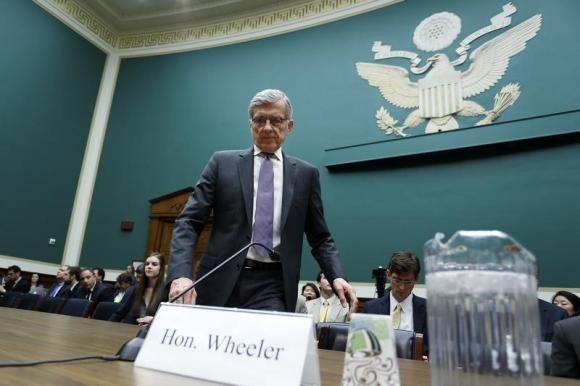On Thursday the Federal Communications Commission (FCC) voted narrowly to rule that internet service providers must provide equal internet access to all internet users and sites, reported Zdnet yesterday. In particular, they cannot slow down or speed-up access to specific sites (or to specific customers) for commercial reasons. This decision has elicited seemingly bizarre response from Verizon and AT&T.
Both Verizon and AT&T have been fighting the US state (and prospective regulators) on this issue for several years now. This is because they earn significant revenue from additional fees that they charge specific customers to provide broadband internet access at increased (or reduced) speeds.
Verizon responded to the FCC's ruling by resorting to morse code and an old-world typewriter, reported the UK's Guardian. Verizon tried to articulate its frustration by sending out a letter in this form in which it characterized the Communications Act of 1934, the law under which the new regulations are to be introduced, as an act from "the era of the steam locomotive and the telegraph"
Michael Glover, senior vice president at Verizon, said: "(T)oday's decision by the FCC to encumber broadband internet services with badly antiquated regulations is a radical step that presages a time of uncertainty for consumers, innovators and investors."
Jim Ciccioni, Senior Vice Prsident of AT&T said: "What doesn't make sense, and has never made sense, is to take a regulatory framework developed for Ma Bell in the 1930s and make her great grandchildren, with technologies and options undreamed of eighty years ago, live under it."
The FCC is now expected to publish its full report regarding this ruling soon. And both Verizon and AT&T have promised to challenge the full report in the courts.



























